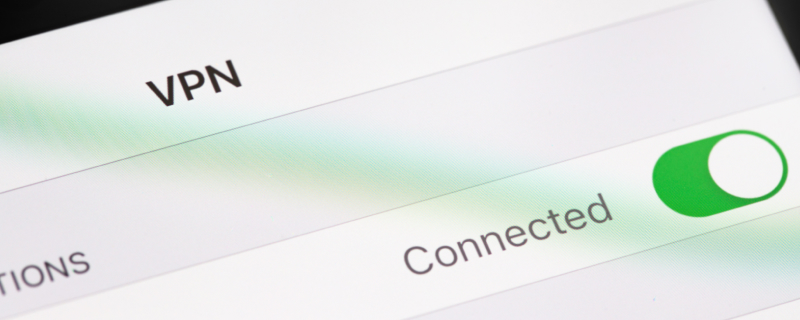
- 6 min read
- Aug 23, 2023

Virtual Private Networks (VPNs) play a crucial role in safeguarding your online privacy and security. One key aspect of VPNs is the encryption protocol used to secure your data. With various VPN encryption types available, it’s essential to understand the differences and choose the one that best suits your needs. In this article, we’ll explore five popular VPN encryption types – OpenVPN, IKEv2, PPTP, L2TP/IPSec, and SSTP – and discuss their pros and cons.
OpenVPN is a widely-used open-source VPN protocol that offers a strong balance between speed and security. It uses SSL/TLS encryption to secure your data and can be configured to utilize either TCP or UDP, depending on your requirements.
Pros:
Cons:
IKEv2 is a modern VPN protocol that offers excellent speed and security. Developed by Microsoft and Cisco, it’s particularly well-suited for mobile devices due to its ability to quickly re-establish a connection if it’s lost (e.g., when switching between Wi-Fi networks).
Pros:
Cons:
PPTP is one of the oldest VPN protocols, developed by Microsoft in the 1990s. While it’s still widely used due to its compatibility and ease of setup, PPTP has significant security vulnerabilities and is not recommended for users who prioritize privacy and security.
Pros:
Cons:
L2TP/IPSec is a combination of two protocols that work together to create a secure VPN connection. L2TP handles the tunneling of data, while IPSec provides encryption and authentication. It offers better security than PPTP but may not be as fast as other protocols like OpenVPN or IKEv2.
Pros:
Cons:
SSTP is another Microsoft-developed VPN protocol that uses SSL/TLS encryption, similar to OpenVPN. It offers robust security and can bypass most firewalls, making it suitable for use in restricted networks.
Pros:
Cons:
When choosing a VPN encryption type, it’s essential to consider factors such as security, speed, compatibility, and ease of setup. OpenVPN and IKEv2 are generally considered the best options for most users, offering strong security and fast connections on a wide range of devices. However, SSTP may be a suitable choice for Windows users, while L2TP/IPSec can be a decent alternative for those seeking a balance between security and ease of use.
Keep in mind that not all VPN providers offer every protocol, and some may have their proprietary protocols as well. It’s crucial to research the available options before selecting a VPN service to ensure it meets your needs and preferences. Ultimately, the right VPN encryption type will depend on your specific requirements and how you prioritize security, speed, and compatibility.



